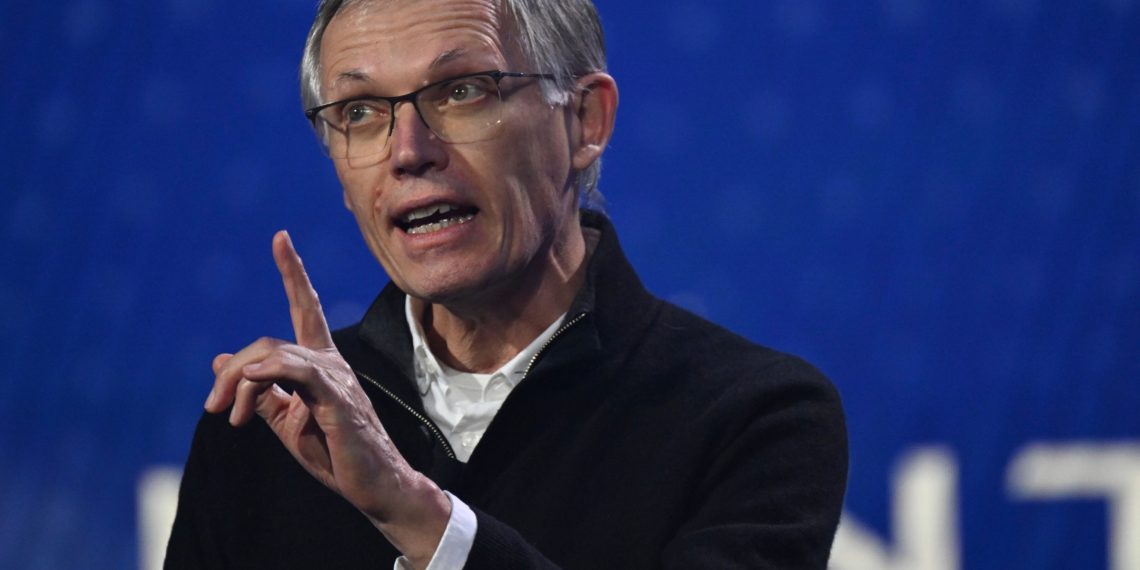Carlos Tavares, CEO of automotive giant Stellantis, issued a stark warning this Monday: European assembly plants could face closure as Chinese manufacturers establish themselves on the continent. This development, driven by the looming presence of Chinese automakers, could lead to major disruptions in Europe’s automotive industry.
Chinese Invasion Looms Over European Market
In an interview with French newspaper Les Echos, Tavares expressed concern about the increasing presence of Chinese electric vehicle manufacturers in Europe, particularly as they bypass import taxes by building factories within the EU. “Closing the borders to Chinese products is a trap,” the Portuguese businessman declared. “They will bypass the obstacles by investing in factories in Europe, partially funded by state subsidies in low-cost countries.”
As of late October, Chinese-made electric vehicles will face import taxes of up to 45%, a move that has already prompted some manufacturers, such as BYD, to announce plans to open factories in Europe to avoid these tariffs. Tavares acknowledged that this strategy poses a direct threat to companies like Stellantis.
Factory Closures on the Horizon?
Tavares didn’t mince words about the potential consequences. “Nothing can be excluded,” he warned. If Chinese manufacturers manage to secure just 10% of the European market, they could produce up to 1.5 million cars—equivalent to seven assembly plants. This, he cautioned, could force European automakers to either shut down their plants or hand them over to Chinese competitors.
Volkswagen has already hinted at such moves, mentioning possible factory closures in Germany. Tavares made it clear that Stellantis wouldn’t follow suit without a fight: “We have no reason to accept a drop in our performance. If the Chinese progress in Europe, even if we maintain our breakeven point below 50% capacity, we’ll act accordingly.”
Challenges Ahead for Stellantis
The Stellantis group, formed by the merger of Fiat Chrysler Automobiles and France’s PSA Group, is already adjusting its financial targets for 2024. Despite consistently posting profit margins above 10% since its creation in 2021, Tavares admitted that the rapidly changing landscape might force a rethink. “If the context makes achieving this goal completely irrational, we won’t cling to it at all costs,” he remarked.
A Future Without Tavares
Adding to the uncertainty, Stellantis confirmed that Tavares, who is currently 66, plans to retire in January 2026. This timeline sets a definitive endpoint for his leadership as the company faces a turbulent market.
Stellantis in Portugal: A Symbol of Resilience
Stellantis owns the Mangualde Production Center in Viseu, Portugal, a facility that has been operational since 1962. With around 900 employees working in three shifts, the factory produces an average of 363 vehicles per day. As the first car assembly plant established in Portugal, it has manufactured over 1.5 million vehicles across 24 different models.
As the automotive industry braces for a potential upheaval, the fate of European plants like Mangualde could hang in the balance, depending on how the battle between European automakers and Chinese newcomers plays out.










